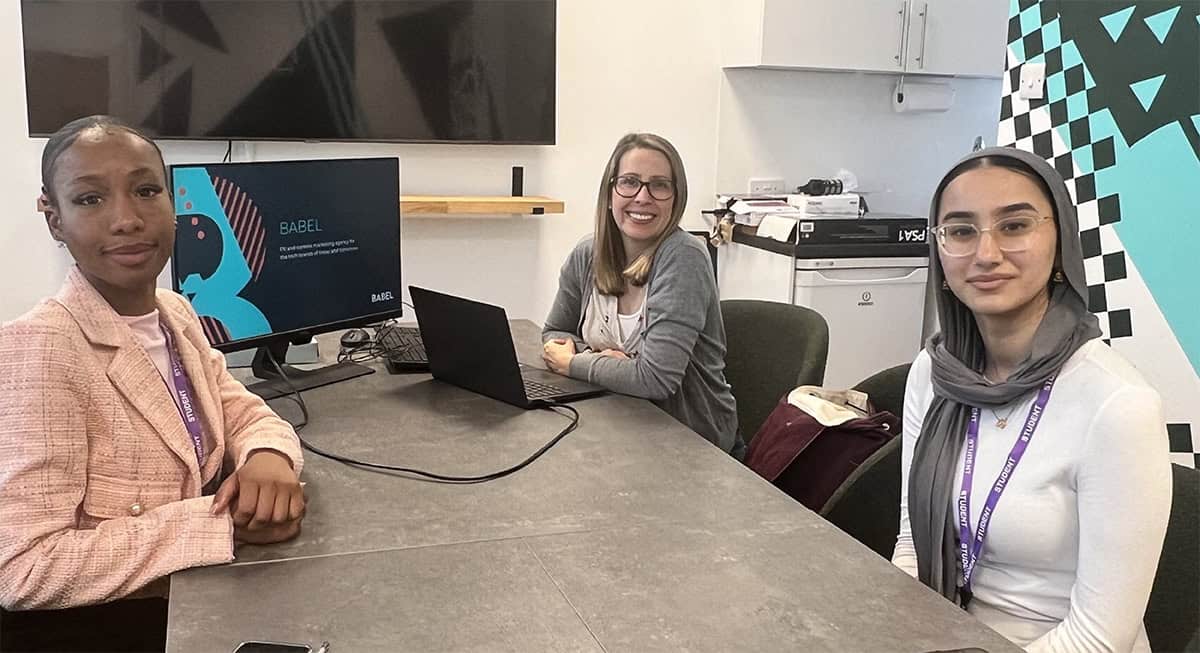Agriculture 4.0 – why the digitalisation of farming is a smart choice
Farming is one of the oldest professions, with prehistoric records indicating it could date back as far as 23,000BC. And, like many other industries today, farming is experiencing the fourth industrial revolution: agriculture 4.0. But what can new, connected, smart technology bring to one of the oldest professions?
The answer is a lot. And with a booming population – still growing by more than 80 million a year – to feed, and with the farm sector decreasing thanks to skilled labour shortages and pressures from every direction, the benefits of new technology are starting to be realised.
Fast developing agritech – agricultural technology – is set to revolutionise farming, helping the industry find new ways to tackle challenges whilst improving safety, efficiency, and profitability. I’ve previously explored how terms like IoT and big data have made their way into the farmer’s vocabulary; written about the success of agricultural university Harper Adams’ robotics in farming project, ‘Hands Free Hectare’; and discussed the transition of agritech from nice-to-have to necessity. Just glimpses into the true potential of technology on today’s farms. But to really understand the positive impact of agritech, let us take a look at the challenges that have faced UK farming so far this year.
Brexit:
I will have to pay a £1 fine to my colleagues just for mentioning the B-word. But I must. Farming remains a cornerstone of the rural economy, but many farmers are deeply concerned about the possibility of a no-deal Brexit, which will have a significant impact on the industry. Even if a deal is agreed farmers are set to lose out. From next year, as the UK withdraws from the EU, farmers are set to lose £20,000-a-year subsidy payments with little information on what will happen next. These “basic payments” have been allocated according to farm acreage since the early 2000s, with the aim of stabilising farmers’ often-volatile incomes, whilst also supporting sustainability and protecting the countryside.
COVID:
Every industry has been in someway impacted by COVID-19, and for the farming fraternity, it is no different. Social distancing, restrictions, guidelines, and the changing of habits…we all heard what happened to the dairy farmers when the demand for milk dried up when restaurants, schools and coffee shops closed their doors.
As a result of the lockdown, farmers also – possibly rather reluctantly – welcomed a huge increase in the number of visitors to the countryside, with walking proving to be one of the most popular ways to exercise. However, with many footpaths leading right through farmyards and near farmhouses, farmers were concerned their welfare could be put at risk.
However, on the flipside of this, there are farmers who reside in remote locations and are already isolated. And with social gatherings at an all-time low this year, this will have only exacerbated the circumstances of many secluded farmers, leading to stress, anxiety, and fear.
We get the picture. Farming –with today’s food demands, regulatory guidelines around sustainability and animal welfare, and intermittent support from the government and media – is a tricky industry to navigate to say the least. Thankfully though, as we have touched upon already, the advances in technology, and the digitalisation of society, may be able to help.
Agritech applications
So, what does agriculture 4.0 look like?
- From paddock to plate. Traceability has become a bit of a buzzword, whether that is tracking and tracing who you’ve come into contact with from a Coronavirus point of view or knowing what’s on your plate. Blockchain and the Internet of Things (IoT) are two technologies which allow for food to be tracked throughout its supply chain, from paddock to plate. This prevents faked products or unregulated food hitting the shelves of consumers, harming a farmer or manufacturer’s brand reputation. Example tech: Aglive and Digitanimal.
- Agricultural robots. Meeting both the demands for sustainability, and addressing the skills gap for farm labourers, agricultural robots have made great headway in food production, reducing the farming impact on the environment, and increasing farming outputs globally – all autonomously. Example tech: Small Robot Company and Dogtooth.
- Precision farming. Using satellite imagery, farmers can observe, measure, and respond to variation within a field of crops. For example, not every plant within a field will need the same amount of nutrients, depending on the type of soil it is sat in. Precision farming has enabled farmers to increase their yields, whilst working efficiently to save money (and the impact on the environment) and time.
- Virtual connections. From online farmers markets, to social media, and webinars – virtual connections and events has positively impacted farming in a big way. Bringing together farmers from across the globe via the Internet not only addresses isolation, but it reduces the carbon footprint of many farmers. Example tech: Sell My Livestock and the biggest social media event in farming, #Farm24.
The news earlier this summer that the UK government is launching a £24 million package that will boost agritech projects across England, Wales, Scotland and Norther Ireland, certainly means technology is being taken seriously. The UK has been slow in embracing agritech, but having grown up on a farm and now working in technology PR, I’ve seen the benefits first-hand of how efficient farming can be with a little technological input. I think projects involving bringing big data, artificial intelligence, and robotics to the country’s farming industry are a smart choice and will hopefully address the impact of recent events, and drive farming forward to a fruitful future.
Here at Babel, we have a strong understanding of farming. In fact, a few of us actually come from farming backgrounds! What is more, we get the technology behind it, and are keen to support agritech companies looking to communicate their brand to media and stakeholders alike to boost investment opportunities. If you’d like to speak with us further on what you could achieve through an integrated communications campaign, please don’t hesitate to get in touch.





